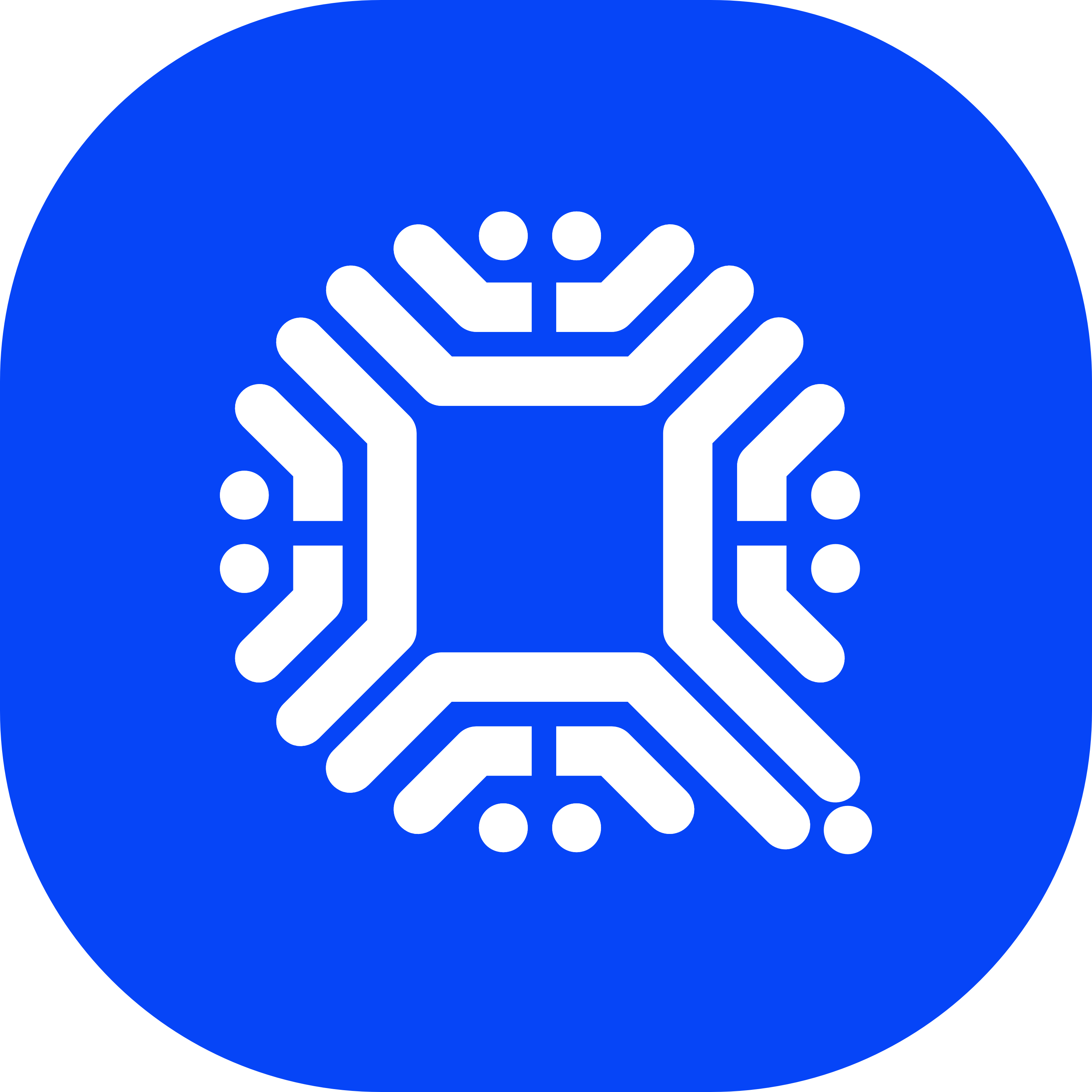The blockchain platform admittedly known as Qtum has rolled out a new desktop artificial-intelligence agent called “Ally”, aiming to shift the landscape of AI productivity from cloud-only assistants to desktop-native, multi-model orchestration. The launch positions Qtum as a player in both blockchain and artificial-intelligence domains as users increasingly demand local control, privacy and advanced automation beyond chat-based tools.
Ally can run on both Windows and macOS platforms and supports what is described as the Model Context Protocol, a universal interface standard allowing AI models to interact with external data, tools and each other. According to the product announcement, the software comes pre-loaded with access to twelve large-language models and enables users to build workflows that orchestrate multiple models, host their own local models and connect to MCP servers for automation. Under the disclosure, Ally is free for users to download and use, signalling a strategic push by Qtum to expand its footprint beyond blockchain infrastructure. The foundation emphasized that running the agent locally avoids the latency, privacy and control trade-offs associated with cloud-based assistants.
This move aligns with broader trends in the AI space. Analysts note growing demand for “edge” or desktop-based AI solutions as organisations raise concerns about data sovereignty, latency, cost of cloud resources and vendor lock-in. Academic work grounded in “foundation agents” likewise points to the importance of new interface layers between models and real-world tasks, including device control, multimodal workflows and autonomous operations. Although those research efforts typically focus on specialised settings, Ally’s design suggests a commercial attempt to bridge that gap for general-purpose users.
The architecture behind Ally merits close attention. The underlying MCP is described as enabling models to share data and issue commands across software tools, APIs and online services, potentially converting the app into a “single workspace” for multi-stage automation. Users are told they can for example generate content, combine model outputs, trigger external APIs, and send results by email. Qtum co-founder Miguel Palencia is quoted stating that “Ally makes productivity about orchestration, not overload,” emphasising the shift from simple query-response to coordinated workflows. The local-first design also underlines the privacy angle: by running natively and offline on desktop systems, the app claims no personal information collection beyond what is required by the models themselves.
From the blockchain side, Qtum is known as a hybrid layer one platform, combining aspects of Bitcoin’s UTXO model with Ethereum-style smart contracts, operated via proof-of-stake consensus and listed on multiple exchanges. The foundation notes that its expansion into the AI domain began earlier this year with acquisition of a large-scale NVIDIA GPU farm, signalling a strategic pivot. Ally is described as the next step in this strategy, with plans to integrate crypto-token utility into the agent platform in the future. This dual focus raises questions about how blockchain and AI will co-evolve, whether the token integration will drive usage, and how the platform will compete with incumbent players such as OpenAI, Claude, and Google’s Gemini.

